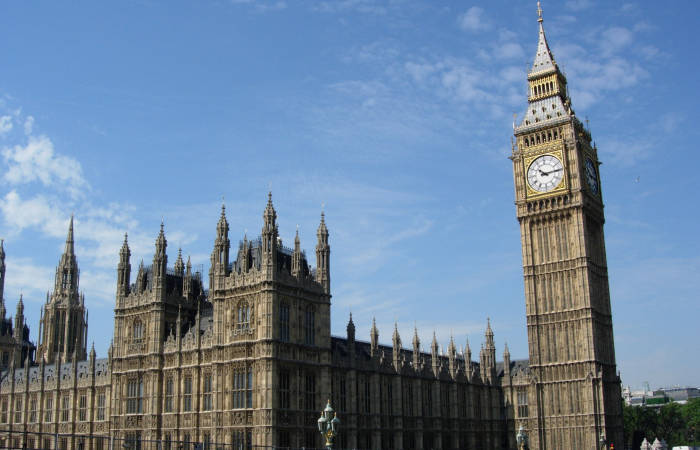PRESS RELEASE – LEGAL OPINION
Released Confidential Government Documents:
London, 3/11/2009. Today, the law firm Doughty Street Chambers published a legal opinion by Geoffrey Robertson, QC, regarding the UK Government’s long established view that there is insufficient evidence to consider the events of 1915 as genocide.
Based on a thorough investigation of the written advice provided by the Foreign and Commonwealth Office to Ministers since 1997, the opinion concludes that the “advice [upon which the government’s opinion is based] reflects neither the law on genocide nor the demonstrable facts of the massacres in 1915-1916, and has been calculated to mislead Parliament into believing that there has been an assessment of evidence and an exercise of judgement on that evidence.”
In fact, the FCO’s guidance papers and the government position they underpin have been formulated, so internal policy memoranda reveal, in a hitherto successful effort not to upset the “neuralgic” Turkish government. One internal 1999 memorandum further elaborates that that “HMG [the government] is open to criticism in terms of the ethical dimension. But given the importance of our relations (political, strategic and commercial) with Turkey, and that recognizing the genocide would provide no practical benefit to the UK or the few survivors of the killings alive today, nor would it help a rapprochement between Armenia and Turkey, the current line is the only feasible option”.
Turkey’s decades-long campaign to silence research on, commemoration of and the political affirmation of the Armenian genocide in Europe and elsewhere has been a subject of controversy in recent years. No government in Europe, other than the British government, has actively supported Turkey’s denial of the Armenian genocide. In a typical statement made in 2008 in the House of Lords, Lord Malloch Brown, speaking on behalf of the government, said that “neither this government, nor previous governments have judged that the evidence is sufficiently unequivocal to persuade us that these events should be categorized as genocide”. In fact, successive FCO documents show that hardly any research has been done, that existing authoritative documents are systematically on the subject, including UN reports and the British Government’s own reports are ignored while the same three US-based non-Turkish denialists are regularly marshalled as evidence of a “debate” within the academic community.
The British government’s position has led, in particular, to the bitterly ironic exclusion of the Armenian Genocide from the official “Genocide Memorial Day” commemorations organised by the British government from 2001 and to the boycott of the commemoration of the 80th anniversary of the Armenian genocide in by all members of the British government. The British government has also shown no interest in pressing for freedom of expression in Turkey on this mater, or for encouraging Turkey to come to terms with its past, in spite of the country’s EU accession prospects and friendly relationship with the Britain.
This legal opinion also refers to the agreement signed on October 14 between the Republics of Turkey and Armenia to establish relations, which it terms a “welcome development”. It mentions the protocol’s provision to “implement a dialogue on the historical dimension” of the two countries’ relations. Although no detailed information is yet available on the implementation of this clause, Mr Robertson cautions that the issue is not a matter for debate among historians (“a pointless exercise”) but for an independent judicial decision, as genocide is a legal qualification. Furthermore, the matter cannot be addressed in this context as long as article 301, which makes it illegal to discuss the Armenian Genocide in Turkey, remains in the Turkish penal code. The Armenian journalist Hrant Dink had twice been condemned under article 301 before being assassinated by Turkish nationalists in January 2007.
The opinion concludes by regretting that “there is no recognition at all [on the part of the government] of the importance of nations acknowledging their past crimes against humanity or of supporting the descendents of victims who still, almost a century later, have to live with the consequences”, suggesting that the contemporary relevance of the recognition of a past crime is self-evident to a prominent expert in international justice.
The legal opinion appears as a searing indictment of the cynicism of the policy of a government willing to bend the facts to fit a cynical policy. The British government, arguably Turkey’s closed ally in Europe, was ideally placed to help Turkey address a fundamental ethical issue in the context of its European accession process, but chose complicity instead.
The author of the legal opinion, Geoffrey Robertson QC, is founder and head of the law firm Doughty Street Chambers. A legal authority, he has served a First President of the UN War Crimes Court in Sierra Leone and is one of three jurist members of the UN Justice Council. The legal opinion was requested by the Armenian Centre.

